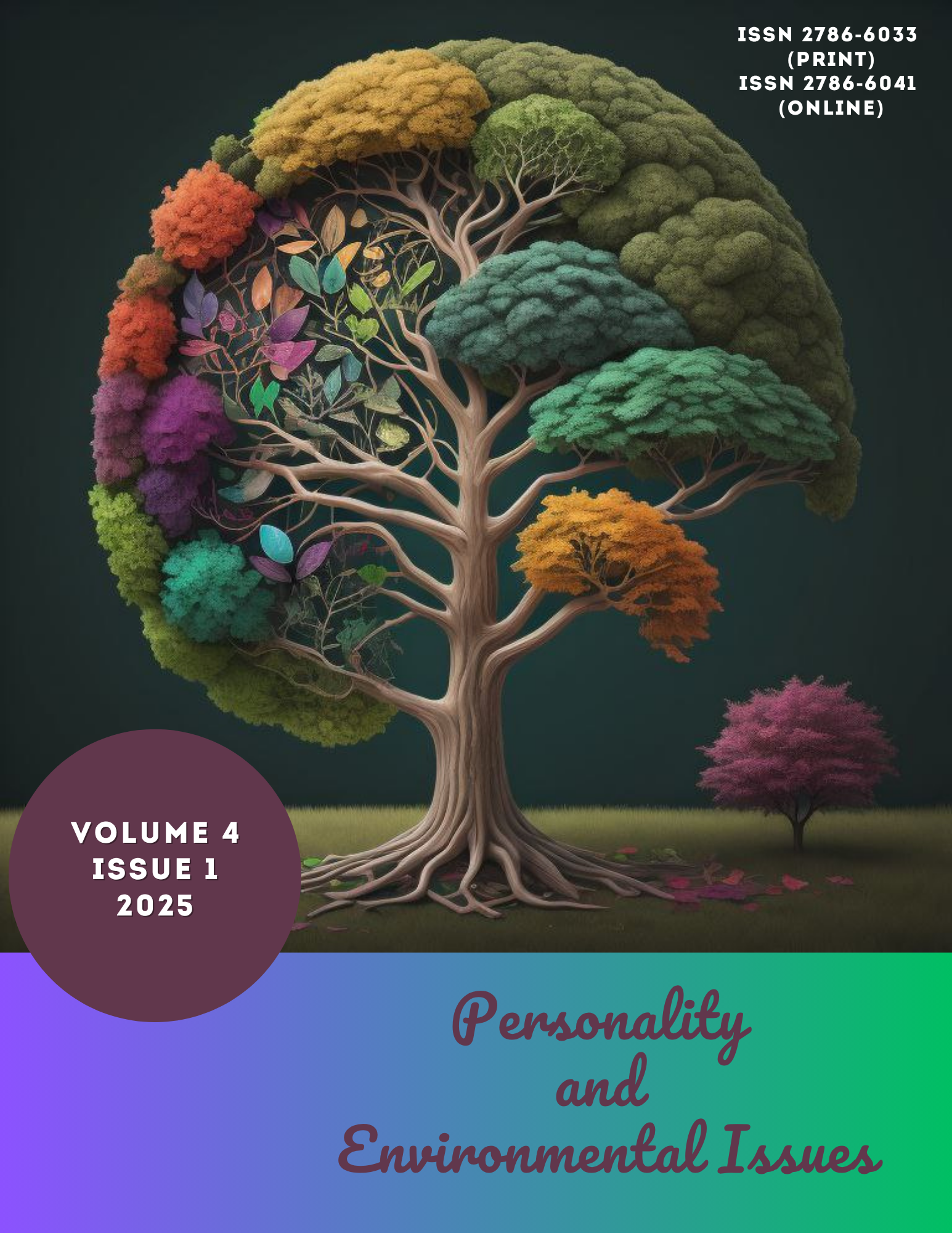Abstract
The article examines the concept of individuation as a central element of psychological development within C. Jung’s analytical psychology. The meaning of individuation, its stages, as well as the role of archetypal structures of the collective unconscious in the formation of a whole personality are analyzed. Individuation is considered as the gradual integration of different levels of the psyche – the Ego, the personal unconscious, and the collective unconscious – with the aim of achieving psychological wholeness.
Archetypal structures such as the Shadow, Anima/Animus, and the Self are analyzed as foundational elements for inner transformation and the achievement of psychological harmony. Attention is drawn to the symbolic nature of this process and its connection to mythology, religion, and cultural narratives.
The stages of personality development according to the Jungian model are examined – from the formation of the Ego to the emergence of the Self. The article emphasizes that individuation is not only an inner work of self-exploration but also a way to attain authenticity, inner harmony, and psychological maturity.
In contemporary society, dominated by rational thinking and identity fragmentation, individuation is viewed as a means of achieving personal balance, harmony, growth, spiritual development, and self-realization.
References
Osnovy hlybynnoi psykholohii: kurs lektsii: navchalnyi posibnyk / uklad. N. V. Hryniova. Vyd. 2-he, dopov. Uman: Vizavi, 2023. 145 s.
Dzhabbarova L. V. Teoretychnyi analiz doslidzhen osobystisnoi ta sotsialnoi identychnosti studentskoi molodi. Psykholohichnyi zhurnal. 2021. Vyp. 8. S. 47-53. https://pj.journal.kspu.edu/index.php/pj/article/view/662
Kokorina Yu. Ye. Hlybynna psykholohiia (v korotkomu vykazdi): navchalno-metodychnyi posibnyk. Odesa: Astro-prynt, 2021. 120 s.
Kolesnyk I. Rozrobka problemy indyviduatsii ta yii metodiv v analitychnii psykholohii K. Yunga. Visnyk Natsionalnoho universytetu «Lvivska politekhnika». Filosofski nauky. 2019. № 2 (4). S. 58–64. https://ena.lpnu.ua/items/f57a75be-3ff8-47c4-a02d-29ead694547b
Medvid Ye. S. Osnovy hlybynnoi psykholohii. Nizhynskyi derzhavnyi universytet imeni Mykoly Hoholia. Nizhyn, 2019. 203 s.
Medinska Yu. Hlybynno-psykholohichni osoblyvosti etnichnoho mentalitetu v formati eksperymentalno-psykholohichnoho doslidzhennia. Ukrainskyi arkhiv psykhoanalyzu. 2021. Vyp. 3. S. 120-132. https://pis.wunu.edu.ua/index.php/uapis/article/view/292
Yung K. H. Arkhetypy ta kolektyvne nesvidome. Kyiv: Tsentr navchalnoi literatury, 2018. 597 s.
Yung K. H. Liudyna ta yii symvoly. Kyiv: Tsentr navchalnoi literatury, 2022. 409 s.
Yung K. H. Psykholohiia nesvidomoho. Kyiv: Tsentr navchalnoi literatury, 2022. 404 s.
Yung K. H. Analitychna psykholohiia. Kyiv: Tsentr navchalnoi literatury, 2025. 340

This work is licensed under a Creative Commons Attribution 4.0 International License.
Copyright (c) 2025 Олена Чорна





